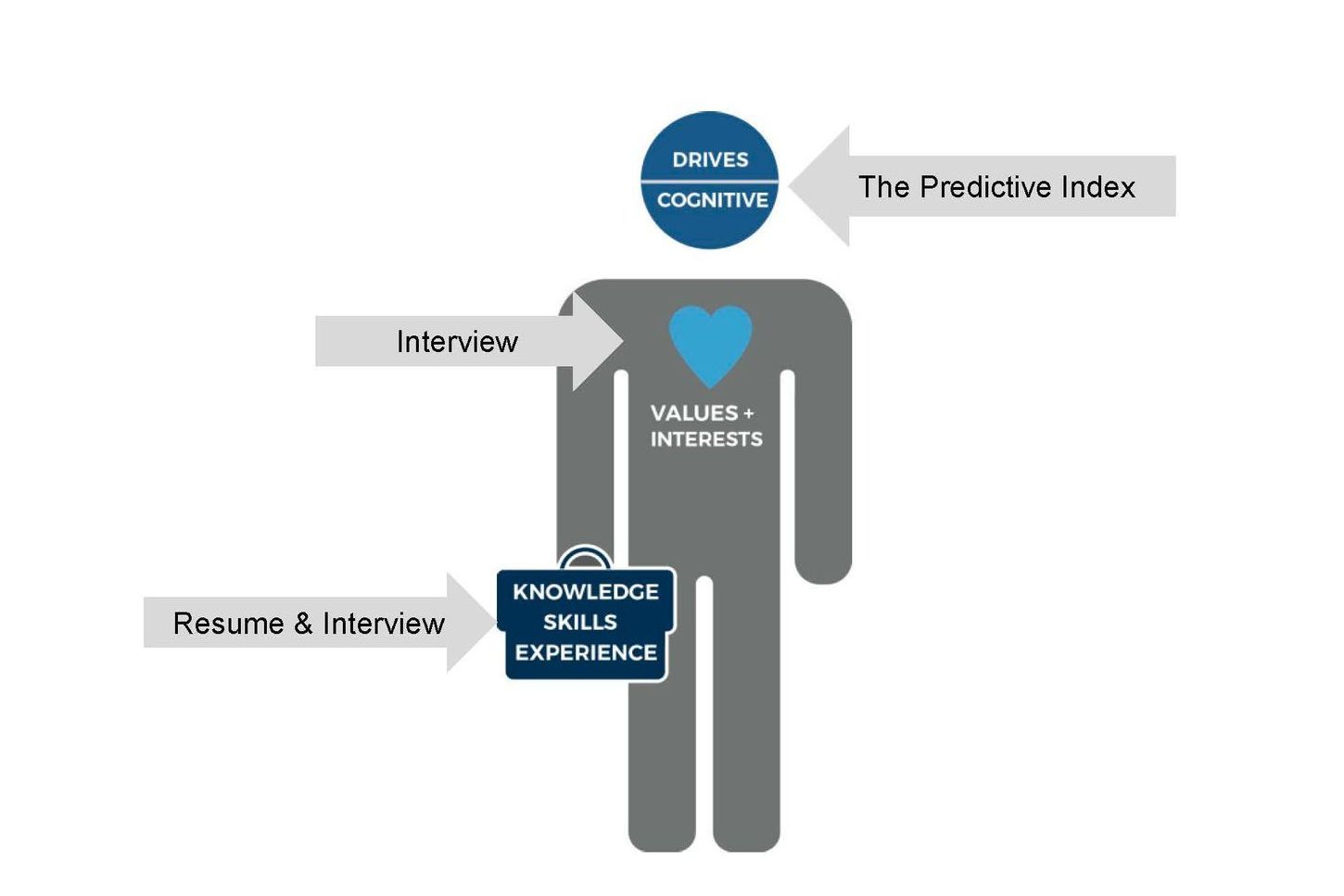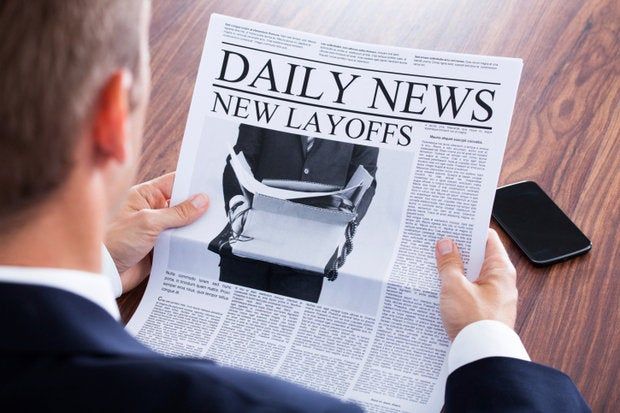Hiring Well

I have an unhealthy relationship with drugs…..let me explain. I avoid medicine, even when all the evidence and data points to their value in solving my immediate problem. For example, you take ibuprofen when you have a headache, right? Not me. I’ll convince myself I'm dehydrated and drink water. Or I'm under stress and sit in silence to will it away. Complain, ruminate, believe it's a tumor and THEN maybe I’ll take something. I have this idea that medicine generally has a negative domino effective. Take medicine #1 then take medicine #2 to counter act medicine #1. And so on. Sometimes that’s true. And sometimes, we really should slow down before we introduce a new medicine to our human eco-system. Sometimes, the cure does more harm then the disease!
That led me to thinking, do we have this same approach when we hire? Do we rush to fill a hole, to relieve the pain of work overload, only to discover we solved one problem while simultaneously creating 2 others? Hiring is more art then science, and none of us get it right 100% of the time, but slowing down and utilizing objective data can tip the scale in your favor and minimize the undesired side effects of poor hiring. Creating a systematic approach to hiring starting with crafting what the job really needs to be will save hours of unexpected pain on the back end. I have had the privilege of being involved in placing hundreds (maybe thousands) of people in new roles and I've learned a few things along the way.
- Start fresh and leave a gap. When someone quits or you are re-examining a new need, give yourself some time to let the gap linger. Don't rush to hire a replacement. When there is a gap of time between the leaving employee and the entering employee the most important work rises to the top. You begin to clearly see what's most important and what balls really can't be dropped.
- Start big and funnel down. You need to know what the work to do actually is, but first think about the big picture. What will this role be responsible for and held accountable to? Does it align with broader organizational goals? Once you have those buckets, bullet point the work to do. Create your Job Description based on that.
- Define success. What will success look like for this role in 30 days, 60 days, 6 months. Write it down. Be clear on expectations from the beginning. It doesn't mean you can't be flexible along the way, but clarity around what success looks like will help you recognize a great candidate when you see them AND give your new hire confidence.
- Use assessments wisely. Using assessments to gather objective data is a crucial piece to excellent hiring. There is no shortage of options out there, but whatever you choose to use, do it consistently and be sure you understand the information you are pulling from it. We utilize the Predictive Index from hiring all the way through to team building. If you don't have the time to be an expert in this data, use someone (like us) who is. It's worth the investment. One word of caution - be careful how much value you place on assessment results. It's one factor in a complex decision.
- Use structure and process. Take the time to be clear on the structure of your interviews and the process each candidate will go through. Your interviews should build on each other. For example, the phone screen, done well, should be a qualifier (or dis-qualifier). Make sure your screener is prepared, asks good questions and knows what the deal breakers are. It may be controversial, but we always address compensation requirements in this first conversation. No need to waste anyone's time if the gap is just too wide.
- Pull it all together. Bring together the information and the people to make the final decision. This is a time to collaborate, not make your own decision because you "trust your gut". Different people, see and hear different things. Take advantage of the diversity of data and thought and make your decision based on ALL the information.
Hiring someone new into your organization shouldn't cause unnecessary disruption. Doing it well, saves time, money and cultural fallout.
Now put that ibuprofen away, I don't foresee any hiring headaches in your future!










